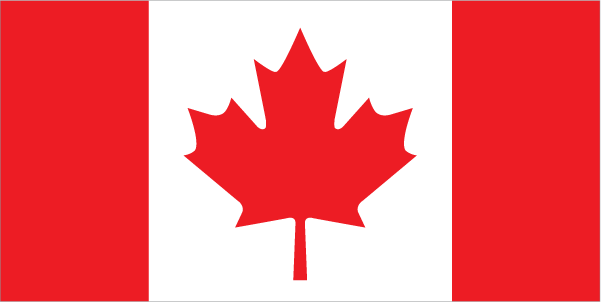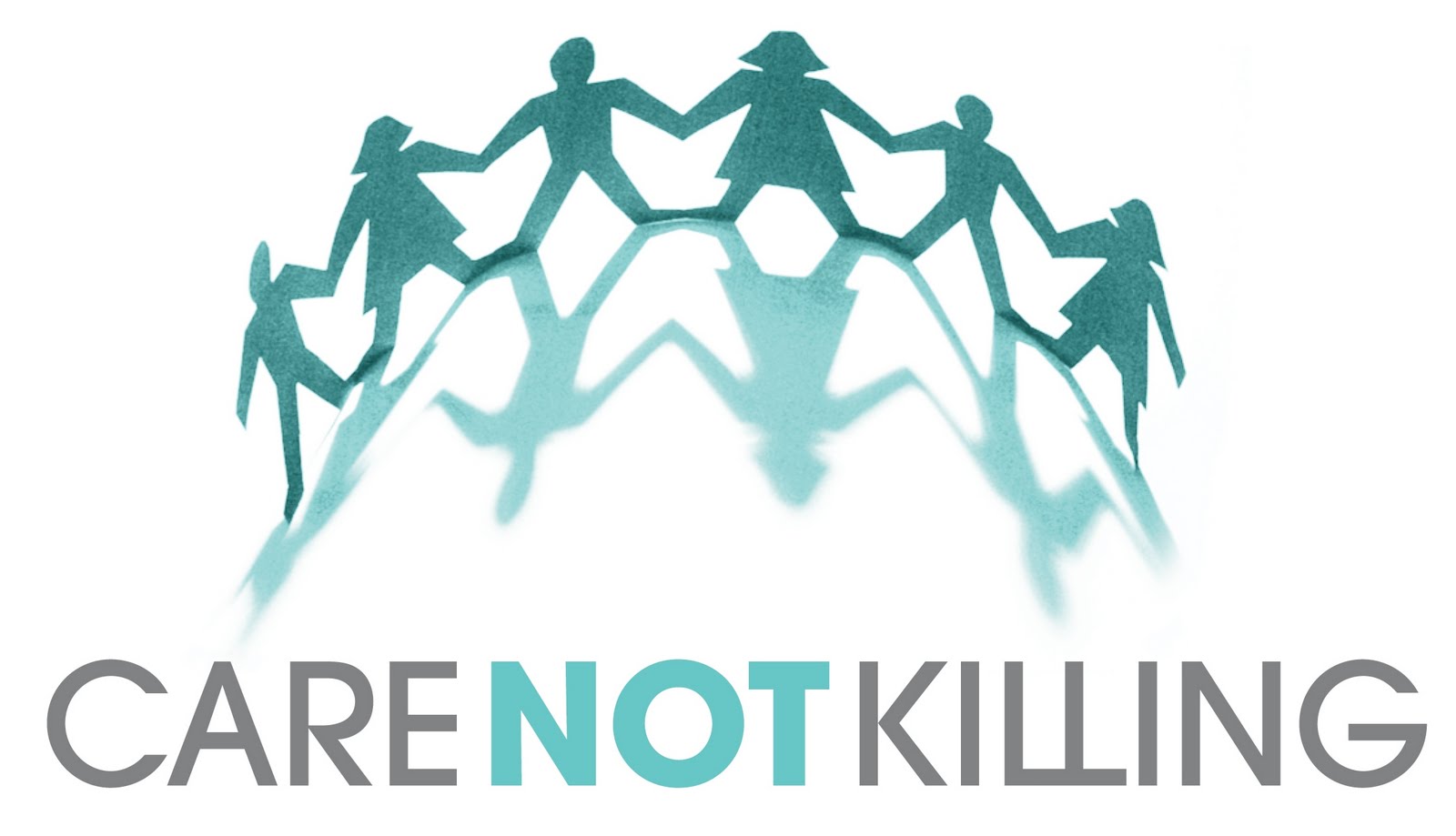The Canadian federal government will appeal a British Columbia Supreme Court ruling which struck down Canada's ban on assisted suicide, Justice Minister Rob Nicholson has said.
The landmark ruling last month said the ban is unconstitutional and gave the federal government a year to rewrite it.
But Judge Lynn Smith also granted an immediate exemption to the law, allowing Gloria Taylor, one of the women who brought the lawsuit, to die with a doctor's help.
In her complex, 395-page judgment, Smith said the ban on physician-assisted suicide violates two sections of the charter of rights covering the right to equality and the right to life, liberty and security of the person.
She said the law must allow for doctor-assisted suicide in cases where patients have a serious illness or disability and are experiencing intolerable suffering. Such patients must ask for the help, must be free of coercion and cannot be clinically depressed, the ruling noted.
Taylor, who has motor neurone disease, hailed the lower court's ruling because it gives her control over when and how she dies.
She had hoped the government wouldn't appeal.
But in a statement, Nicholson said the government intends to seek a stay on all aspects of the ruling, including the exemption for Taylor, while it goes to the British Columbia Court of Appeal.
Nicholson said the law has to protect people. His full statement is below. There is more detail about the case including links in a recent post by Alex Schadenberg which has useful background material.
As in the UK, having failed in parliament, the pro-euthanasia lobby is trying to change the law via the courts. It looks now as though it will be a little bit more difficult than they first anticipated.
RESPONSE OF THE ATTORNEY GENERAL OF CANADA TO THE BRITISH COLUMBIA SUPREME COURT DECISION ON ASSISTED SUICIDE
OTTAWA, July 13, 2012 - The Honourable Rob Nicholson, P.C., Q.C., M.P. for Niagara Falls, Minister of Justice and Attorney General of Canada, made the following statement today concerning the British Columbia Supreme Court decision in Lee Carter and Hollis Johnson et al. v. Attorney General of Canada.
"After careful consideration of the legal merits of the June 15, 2012 ruling from the British Columbia Supreme Court, the Government of Canada will appeal the decision to the British Columbia Court of Appeal, and will seek a stay of all aspects of the lower court decision.
The Government is of the view that the Criminal Code provisions that prohibit medical professionals, or anyone else, from counselling or providing assistance in a suicide, are constitutionally valid.
The Government also objects to the lower court's decision to grant a "constitutional exemption" resembling a regulatory framework for assisted suicide.
The laws surrounding euthanasia and assisted suicide exist to protect all Canadians, including those who are most vulnerable, such as people who are sick or elderly or people with disabilities. The Supreme Court of Canada acknowledged the state interest in protecting human life and upheld the constitutionality of the existing legislation in Rodriguez (1993).
In April 2010, a large majority of Parliamentarians voted not to change these laws, which is an expression of democratic will on this topic. It is an emotional and divisive issue for many Canadians.
The Government of Canada will provide its full position before the British Columbia Court of Appeal when the matter is heard. As the matter continues to be before the court, the Government will not comment further."
(Image in public domain: https://en.wikipedia.org/wiki/File:Flag_of_Canada_(Pantone).svg)








.jpg)